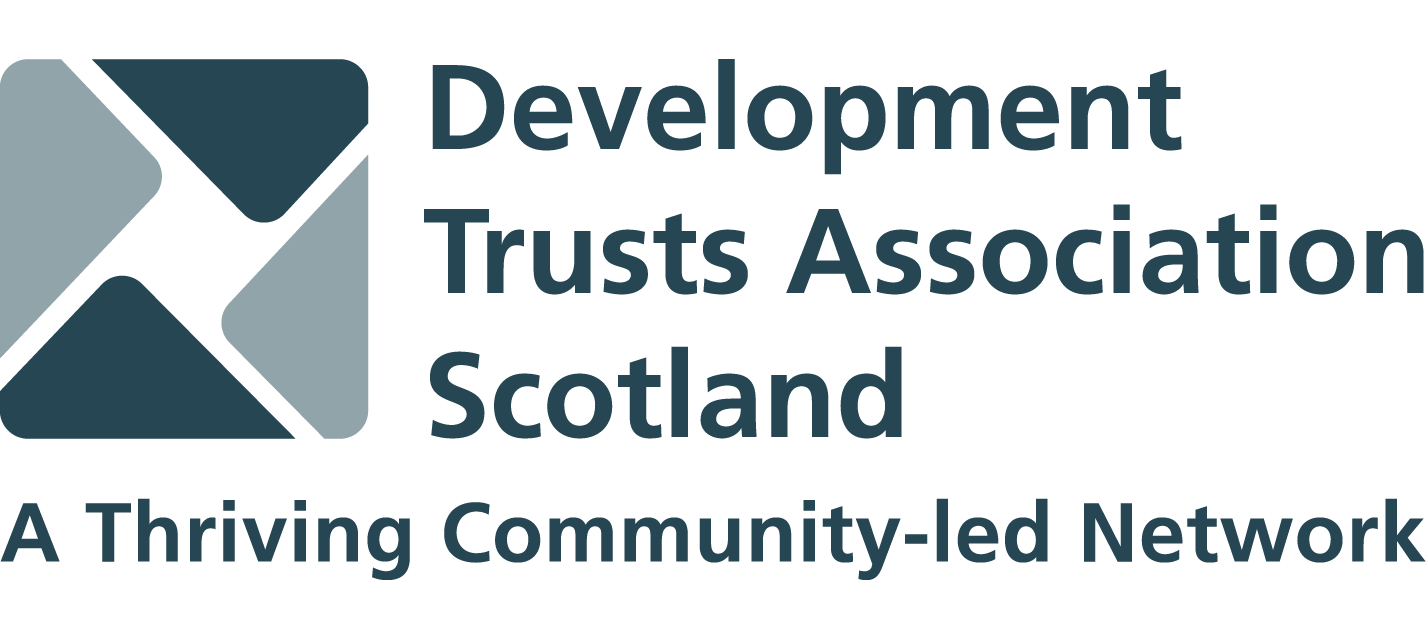Exploring Natural Capital: Opportunities and Challenges for Development Trusts
Posted on: Thursday 24th October, 2024
By: Julia Carreiro Rolim, Research Officer
The latest DTAS Debates session delved into a complex and timely issue: how Development Trusts can harness natural capital markets to benefit their communities.
As natural capital markets continue to grow, DTs find themselves at a crossroads, balancing opportunities for financial and ecological gain with the potential risks of corporate exploitation, inequity, and greenwashing.
The event brought together a panel of practitioners and academics: Professor Mark Reed (Huntly Development Trust and SRUC), Dr. Josh Doble (Community Land Scotland), Rowan Aitchison (Tayvallich Initiative), and Ewen Mclachlan (Assynt Development Trusts). The discussion highlighted both the transformative potential of natural capital projects and the challenges that communities must navigate to ensure that benefits are truly equitable and sustainable.
Several panellists shared practical case studies of community engagement with natural capital markets, specifically spotlighted was Assynt DT’s participation in the North-west 2045 Rural Land Use Partnership.
Assynt Development Trust: The trust’s natural capital audit revealed that the carbon stored in their land was worth an estimated £17 billion in social value, providing a powerful tool for community empowerment. Their efforts to engage youth, collaborate with landowners, and build local capacity show how natural capital projects can provide real social and environmental benefits when communities maintain control.
Key Themes and Challenges
Uncertainty and Regulation
- One of the primary concerns raised was the infancy of natural capital markets. Panellists noted that these markets are still developing, with significant uncertainty on the long-term social and environmental impacts.
- Speculative carbon credit sales, referred to as pending issuances units, were specifically mentioned as particularly risky initiatives in such a new market.
- There is a pressing need for clear standards and regulations to ensure transparency and trustworthiness in these markets, with the British Standards Institution (BSI) aiming to provide accreditation from 2025.
Ethical Concerns and Greenwashing
- Panellists repeatedly emphasised the ethical dilemmas inherent in carbon credit trading. The risk of companies using carbon credits as a "license to pollute", while failing to make meaningful reductions in their own emissions was mentioned several times.
- Panellists also questioned the theoretical underpinnings of such a market, positing the question of if capitalist mechanisms can effectively address environmental problems created by capitalism.
Community Control and Land Ownership
- Legislative levers that guarantee community decision-making and ownership were called for, ensuring that communities can retain control over projects.
- Having final control regarding the sale of carbon credits, to avoid selling to companies with questionable social and environmental practices was specifically mentioned.
- Natural capital markets have already begun to affect land prices, with "Green Lairds" driving up costs and complicating community land ownership.
- Panellists emphasised that for natural capital to benefit communities equitably, it must be rooted in land reform and community ownership of land.
While landowning communities are currently better positioned to take advantage of these markets, non-landowning communities can still benefit through the development of community benefit frameworks.
What Needs to Happen Next?
The panellists left no doubt that, while the potential benefits of natural capital markets are significant, much work remains to ensure these benefits are shared equitably.
- Strengthen Regulations and Standards: Governments must establish regulations that prevent greenwashing and ensure community control over natural capital resources. These regulations should also clarify environmental and social outcomes, allowing communities to assess the true long-term impact of projects.
- Build Community Capacity: Communities need knowledge and resources to engage with natural capital markets meaningfully. This includes training, access to expert advice, and the development of internal governance structures that can handle the complexity of these projects.
- Foster Collaboration: Successful natural capital projects will require partnerships between DTs, landowners, environmental NGOs, and access to patient capital (i.e. philanthropists and pension funds).
- Ensure Community Control: Legislation that protects community rights over who can purchase carbon credits is essential. Communities must have a say in how their resources are used and who benefits from them, ensuring that local social and environmental rights are respected.
Conclusion: Towards a Just and Sustainable Future
The DTAS Debates on natural capital revealed both the promise and the peril of this emerging market. While the potential for regenerating communities on a wider scale as exemplified by Assynt’s case is considerable, so too are the risks. By advocating for stronger regulations, building internal capacity in DTs, and ensuring that communities retain control over their natural resources, we can navigate these challenges.
The message is clear: natural capital markets must be approached with care, thoughtfulness, and a commitment to community-led solutions. As Ewen McLachlan aptly put it, "Nothing about us without us is for us."
For DTs, the path forward lies in collaboration, control, and capacity-building—ensuring that communities, not external interests, remain at the heart of this new green economy.









